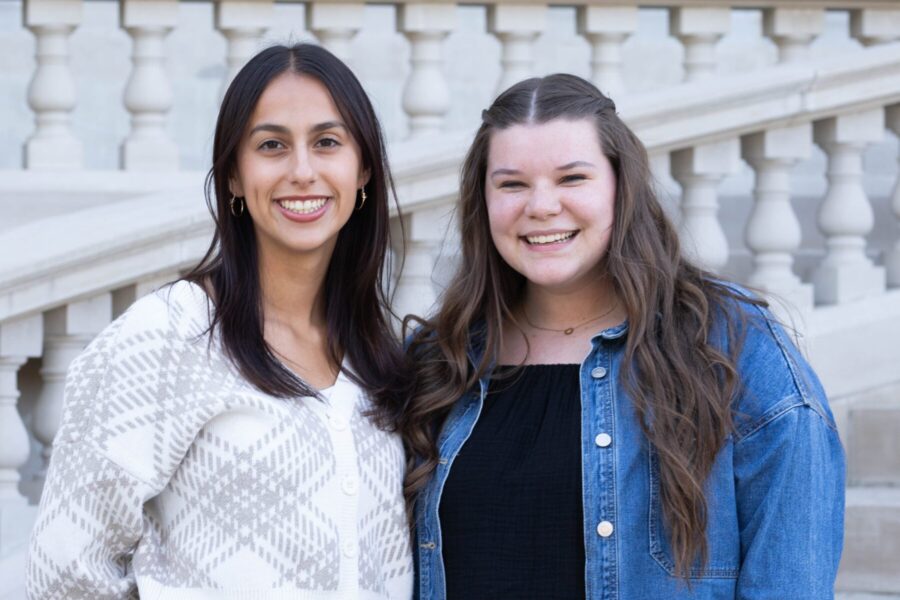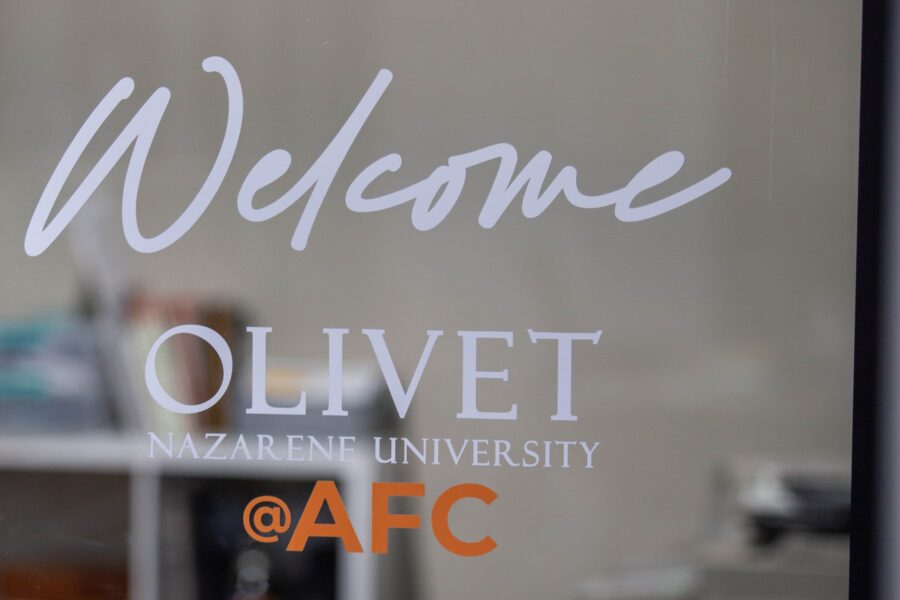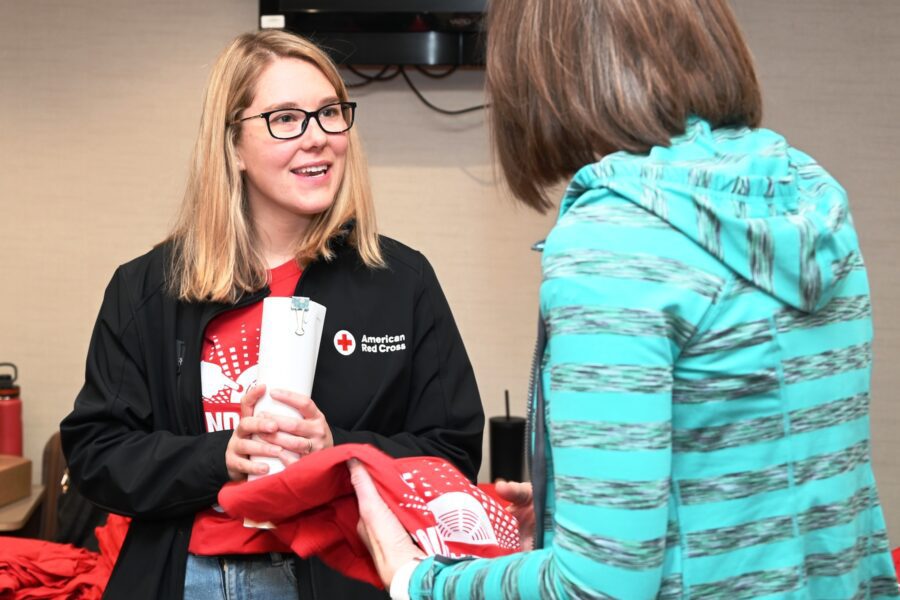
The word good has connotations of wholeness and completeness — take Genesis 1:31, for example. Good can also demonstrate a sense of kindness, morality or that which commands respect. In fact, some estimates show more than 650 uses of the word good in the Bible. So, as an institution whose mission is to provide an “Education With a Christian Purpose,” it should come as no surprise that doing good is a core focus for people at Olivet Nazarene University.
Faculty and staff seek to provide good environments in which young adults can grow, learn and thrive; in return, students are encouraged to contribute in good ways as they impact their peers, families and the greater community. The hope is that thousands of Olivet alumni that go forth from Olivet will engage their spheres of influence to perpetuate a cycle of goodness.
Whether they choose to focus their work in the local area or on the other side of the world, Olivetians pour into other people with love and compassion. From coffee and intentional chats on campus to baking and breaking bread in local neighborhoods; from cultural sensitivity research to life-changing equine therapy; and from a friendly hello at local elementary school to outfitting refugee apartments on the other side of the world, here are just a few stories of change-agent individuals who work to bring more good to the people they interact with every day.
Abby Eaton and Allison Nagaraja, senior English education majors, have devoted the past two years to research for their Honors Program projects, both of which address some gaps in Illinois state education standards regarding culturally responsive teaching.
“In high school, I was shaped to see the world through a multicultural lens, reading from perspectives that shifted my perceptions of history,” Abby reflects. “I fell in love with narratives as forms of truth because they allowed me to step into the shoes of characters and see the world from their eyes. However, in taking courses at ONU and having discussions with friends, I learned that many of my peers had very limited exposure to diverse literature in their high school classrooms.”
Early in their research, Abby and Allison recognized that a set of new learning standards for the academic system in Illinois was created with great intentions but lacked additional resources for K–12 educators to effectively implement. As preservice English language arts (ELA) educators, Abby and Allison were both interested in contributing to research that would improve the integration of these standards in hopes that teachers would gain confidence in navigating sensitive topics and students would reap the benefits.
Abby surveyed secondary education teachers regarding their interactions with the standards. Utilizing that information, Allison developed a set of resources for ELA educators to integrate the culturally responsive standards. The goal is to create curriculum that not only meets benchmarks but also facilitates learning environments in which students feel seen and heard as they challenge their own perceptions of the world.
“I think this study is helpful for teachers who are trying to keep up with an ever-evolving profession,” Allison says. “I want to make the lives of teachers easier because these are the people who are molding the next generation.” Abby says the experience has been invaluable. “I am walking away from this project with authentic connections to teachers around me, valuable insights and strategies to better educate in a culturally responsive way, and a unique understanding and inclination to conducting and reading academic research,” Abby reflects. “I’ve been humbled and reminded that this research is so much bigger than just me.”
From Olivet The Magazine, The God Who Sees Us – Winter 2025. Read the full issue here.





